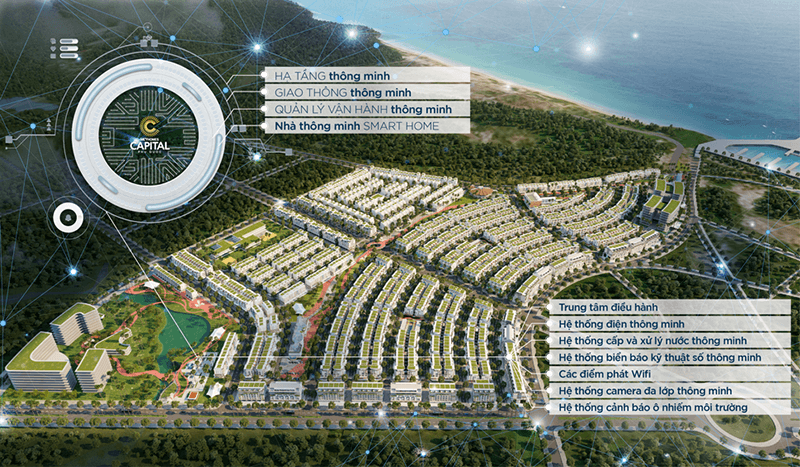- Groundswell of Change: Emerging insights into breaking news showcase advancements in AI-driven healthcare and evolving international trade agreements.
- The Rise of AI in Healthcare Diagnostics
- Evolving International Trade Agreements
- The Impact of Regional Trade Blocks
- Supply Chain Resilience and Diversification
- The Role of Technology in Trade Facilitation
- Data Security and Cross-Border Data Flows
- Future Trends and Implications
Groundswell of Change: Emerging insights into breaking news showcase advancements in AI-driven healthcare and evolving international trade agreements.
In today’s rapidly evolving world, the concept of breaking news transcends traditional media outlets and increasingly converges with advancements in artificial intelligence and shifts in global commerce. Recent developments showcase a transformative landscape, where AI is revolutionizing healthcare diagnostics and treatment, while complex international trade agreements are being reshaped by geopolitical forces. These parallel shifts are not isolated incidents; they are interconnected phenomena signaling a groundswell of change that demands careful examination and understanding. This article will delve into these areas, exploring the implications for individuals, businesses, and the global community.
The acceleration of technological progress, particularly in the realm of AI, is profoundly impacting the healthcare sector. Simultaneously, evolving trade agreements are redefining international economic relationships. The interplay between these forces presents new opportunities and challenges, requiring informed analysis and strategic adaptation to navigate a dynamically changing environment.
The Rise of AI in Healthcare Diagnostics
Artificial intelligence is rapidly transforming healthcare, offering unprecedented opportunities to improve diagnostics and treatment outcomes. Machine learning algorithms are now capable of analyzing medical images with remarkable accuracy, assisting radiologists in detecting subtle anomalies that might be missed by the human eye. This increased precision leads to earlier and more accurate diagnoses, particularly in areas like cancer detection and cardiovascular disease. Furthermore, AI-powered tools can personalize treatment plans based on individual patient data, leading to more effective and targeted therapies. The integration of AI into healthcare isn’t about replacing medical professionals but empowering them with advanced tools to enhance their capabilities and improve patient care. The increasing availability of large datasets and the continuous refinement of algorithms are further accelerating this transformative trend.
| Radiology (Cancer Detection) | Image Analysis (MRI, CT scans) | 15-20% |
| Cardiology | ECG Analysis, Risk Prediction | 10-18% |
| Pathology | Digital Pathology, Cell Identification | 8-12% |
| Dermatology | Skin Lesion Analysis | 25-30% |
Evolving International Trade Agreements
International trade agreements are undergoing significant changes, driven by evolving geopolitical landscapes and increasing economic interdependence. Traditional trade frameworks are being challenged by new agreements and regional partnerships, reflecting a shift away from multilateralism towards bilateral and regional arrangements. These shifts are driven by various factors, including national security concerns, the desire for greater control over supply chains, and the pursuit of more favorable trade terms. The impact of these agreements is far-reaching, influencing everything from consumer prices to employment rates. Navigating this complex web of trade regulations requires businesses and policymakers to remain adaptable and informed.
The Impact of Regional Trade Blocks
Regional trade blocks, such as the Comprehensive and Progressive Agreement for Trans-Pacific Partnership (CPTPP) and the African Continental Free Trade Area (AfCFTA), are reshaping the landscape of international trade. These blocks offer member states preferential access to each other’s markets, promoting economic integration and fostering growth. However, they also raise concerns about potential trade diversion, where trade is shifted from more efficient non-member countries to less efficient member countries. The success of these regional blocks will depend on their ability to address these challenges and promote inclusive growth. Furthermore, the geopolitical implications of these blocks should not be overlooked, as they can exacerbate tensions between competing economic powers. The dynamic nature of these trade arrangements necessitates continuous monitoring and adaptation to ensure that they remain relevant and beneficial. Balancing national interests with the broader goals of global economic stability is a key challenge for policymakers involved in trade negotiations. Effective implementation and enforcement mechanisms are also crucial for ensuring that these agreements deliver on their promises.
Supply Chain Resilience and Diversification
Recent global events have highlighted the fragility of global supply chains and the importance of building resilience. The COVID-19 pandemic, geopolitical tensions, and natural disasters have all exposed vulnerabilities in relying on single sources of supply. As a result, businesses are increasingly prioritizing supply chain diversification, seeking to spread their sourcing across multiple countries and regions. This diversification aims to reduce reliance on any single supplier or location, mitigating the risk of disruptions and ensuring continuity of supply. Investing in technology and data analytics will be critical for enhancing supply chain visibility and enabling proactive risk management.
- Diversification of Suppliers
- Nearshoring and Reshoring Initiatives
- Investment in Digital Supply Chain Technologies
- Enhanced Risk Management Protocols
The Role of Technology in Trade Facilitation
Technology is playing an increasingly important role in facilitating international trade, streamlining processes and reducing costs. Digital platforms are connecting buyers and sellers across borders, creating new opportunities for businesses to access global markets. Blockchain technology is being used to enhance transparency and security in supply chains, reducing the risk of fraud and counterfeit goods. Artificial intelligence is automating customs procedures, accelerating the movement of goods across borders. These technological advancements have the potential to significantly reduce the barriers to trade and promote economic growth. However, ensuring equitable access to these technologies and addressing the digital divide are crucial for maximizing their benefits for all.
Data Security and Cross-Border Data Flows
The increasing reliance on digital technologies in international trade raises important issues related to data security and cross-border data flows. Ensuring the protection of sensitive business and personal data is paramount. Data breaches and cyberattacks can have devastating consequences, disrupting supply chains and eroding trust. Establishing clear and consistent regulatory frameworks for data protection is essential. Furthermore, facilitating the seamless flow of data across borders is crucial for enabling efficient trade and innovation. However, this must be balanced with the need to protect privacy and prevent misuse of data. International cooperation and harmonization of data protection standards are key to creating a secure and trustworthy digital trade environment. Businesses must also invest in robust cybersecurity measures to protect their data and systems from attack and instances of malfeasance.
Future Trends and Implications
The convergence of AI advancements and evolving trade agreements is poised to reshape the future of global commerce. We can anticipate increased automation of supply chains, more personalized healthcare solutions, and the emergence of new business models. However, these trends also present challenges, including the need for workforce retraining, the ethical implications of AI, and the potential for widening income inequality. Addressing these challenges will require proactive policies and a commitment to inclusive growth. Collaboration between governments, businesses, and civil society organizations will be essential for ensuring that these technologies and agreements benefit all stakeholders. Adapting to these rapid changes will be critical for success in the 21st-century global economy.
- Increased automation of supply chains
- Personalized Healthcare
- New business models
- Workforce retraining
The synergy between technological innovation and evolving trade dynamics will continue to define the global economic landscape. Continuous adaptation, strategic investment in innovation, and a firm commitment to equitable distribution of benefits will be central to navigating this dynamic environment and unlocking its full potential.



























